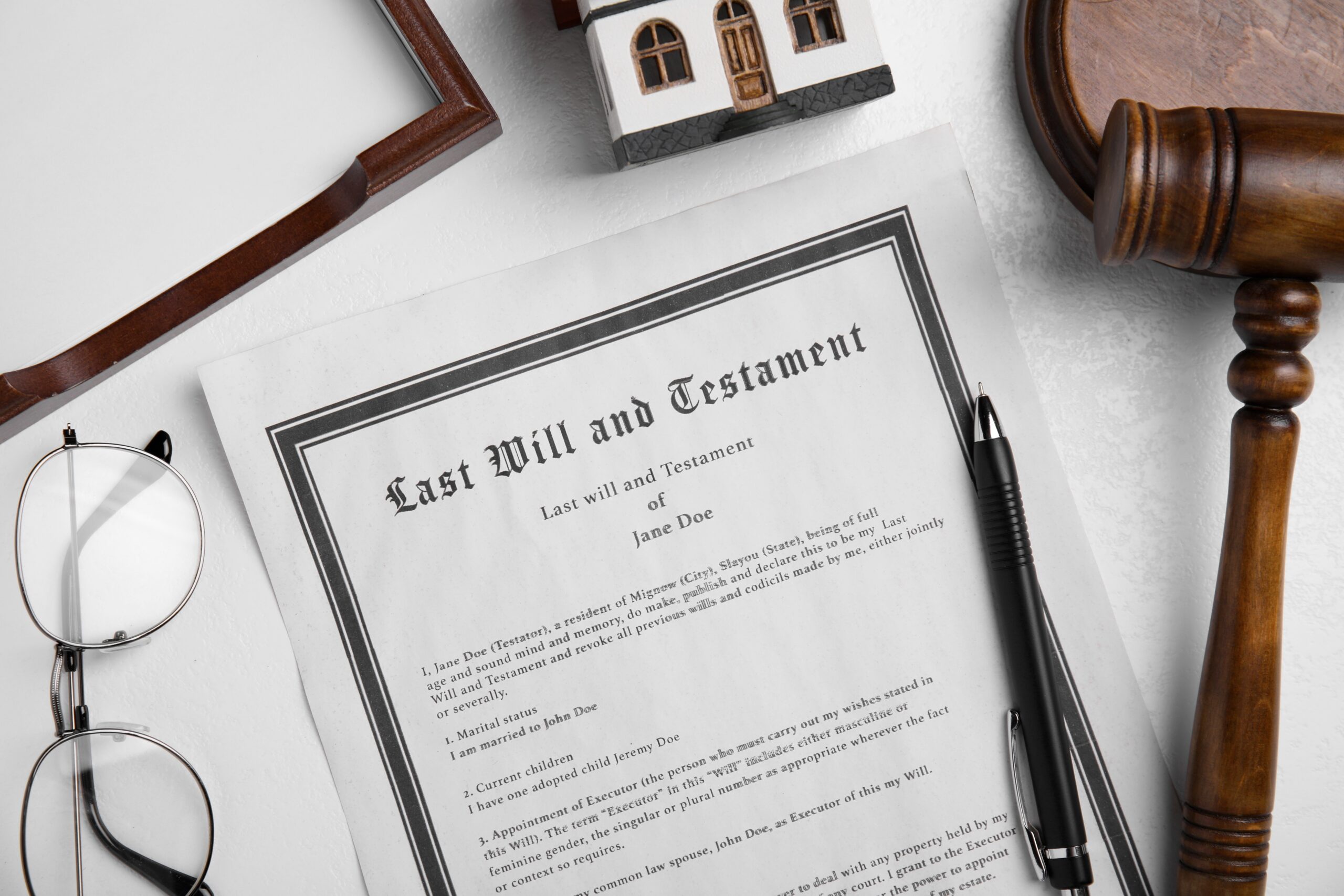What Happens if You Die in New York Without a Will?
By Jeffrey Blankstein
When someone passes away and leaves behind a valid Will, the estate goes through the legal process known as probate. During this proceeding, the Court reviews the Will to determine whether the Will was properly executed, among other considerations, and if the estate is not contested, issues an Order appointing the Executor named therein. The Executor is then responsible for gathering the decedent’s assets and distributing them to the beneficiaries named in the Will.
When a person dies with a Will, it is called dying testate – a term derived from the word “testament,” as in the phrase “Last Will and Testament.” Conversely, when someone passes away without a Will, a person is considered to have died intestate. Should this happen, you do not control who receives your assets, who will control your assets, and, in the case of minor children, who will be appointed guardian.
There are several reasons that people pass away without a Will. I often hear from prospective clients that they are not old enough and do not expect to die anytime soon, so they believe there is no urgency in regards to drafting a Will. Others find the topic culturally taboo or emotionally difficult to confront. Some simply cannot decide whom to name as beneficiaries, so they postpone the decision indefinitely.
However, dying without a Will means your assets will instead be distributed according to the intestacy laws of the state in which you reside. In New York, for example, if a person dies leaving a spouse but no children, the spouse inherits the entire estate. If there is a surviving spouse and children, however, the spouse receives the first $50,000 and half of the remaining estate, while the children split the other half of the remainder. This can lead to complications when the person who passed away had children from several marriages, or if some of the children are minors. If there is no surviving spouse or children, the situation becomes even more complicated. In New York, the next closest relative inherits the estate, which would be the parents of the deceased. If the parents were also deceased, next in line are the siblings of the deceased, and so on. I once handled an estate where the closest living relative was a third cousin who lived in Italy, and who had never heard of the deceased. All of this could all be avoided by having a valid Will.
I’ve witnessed first-hand the profound consequences that can result from a lack of estate planning. Three years ago, a woman came to my office whose husband died unexpectedly, and without a Will. They had a 16-year-old daughter. Upon turning 18, the daughter was legally entitled to receive her full inheritance – several hundred thousand dollars – with no restrictions or oversight. As a result, she was seriously considering not going to college. Eventually, her mother convinced her to invest the money, but only after the daughter was given $10,000. All of this could have been avoided if the father had prepared a Will. With proper planning, he could have included provisions in his Will which deferred the distribution of his assets to his daughter until she was more responsible and mature, or even established a trust to ensure the funds were managed wisely until then.
Another point to consider is that when there is no Will, the deceased parent loses the opportunity to designate the guardian of his or her child in the event the other parent is also deceased. When the parents of a minor child pass away, that child will need a guardian, and most parents would prefer to decide who will raise their child, rather than leave that up to the state. For many, the question of who will raise the child is even more important than the financial inheritance they may receive.
Furthermore, some individuals assume that designating beneficiaries for their financial assets (such as brokerage accounts or retirement accounts) eliminates the need for a Will. Unfortunately, this approach is often short-sighted. For one, naming beneficiaries for real estate properties can be troublesome, so a Will is still needed. Second, regarding investable assets, although most financial institutions have a procedure to name a beneficiary, many are not adequately equipped to handle alternate beneficiaries. For example, should a husband and wife name each other as beneficiary, but do not list an alternate, or if the alternate listed is their minor child, or handicapped child, the institutions may instead distribute the assets based on their own internal policies, policies which could lead to unintended consequences. A carefully drawn Will would list both beneficiaries and alternate beneficiaries, preventing these scenarios.
In short, having a Will is not merely a legal formality. It is a powerful tool that brings clarity, preserves intent, and protects loved ones and children from avoidable hardship during an already difficult time.
 This article is intended as a general discussion of these issues only and is not to be considered legal advice or relied upon. For more information, please contact Jeffrey Blankstein who counsels clients on estate and retirement planning, individual taxation, real estate and litigation. Mr. Blankstein is admitted to practice law in New York.
This article is intended as a general discussion of these issues only and is not to be considered legal advice or relied upon. For more information, please contact Jeffrey Blankstein who counsels clients on estate and retirement planning, individual taxation, real estate and litigation. Mr. Blankstein is admitted to practice law in New York.

